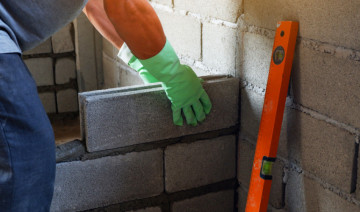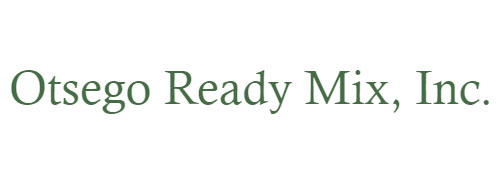Different Types of Mortar and Their Uses

When it comes to masonry construction, choosing the right type of mortar is crucial for the success and durability of your project. Different types of mortar offer varying properties and characteristics that make them suitable for specific applications. In this blog post, we'll explore the different types of mortar available and the projects they are commonly used for.
Portland Cement Mortar:
Portland cement mortar is the most commonly used type of mortar in construction. It consists of Portland cement, sand, and water, with or without the addition of lime. Here are some key points about Portland cement mortar:
- Strength and Durability: Portland cement mortar provides excellent strength and durability, making it suitable for a wide range of masonry applications.
- Projects and Applications: It is commonly used for bricklaying, stone masonry, blockwork, and general masonry repairs.
- Versatility: Portland cement mortar can be used in various weather conditions and is suitable for both interior and exterior applications.
- Variations: Different variations of Portland cement mortar include Type N, Type S, and Type M, with varying ratios of cement to sand. Each variation offers different strengths and is suitable for different load-bearing requirements.
Lime Mortar:
Lime mortar is a traditional type of mortar that consists of lime, sand, and water. It has been used for centuries in historic buildings and restoration projects. Here are some key points about lime mortar:
- Flexibility: Lime mortar offers excellent flexibility and is more forgiving than Portland cement mortar, allowing for slight movement and expansion.
- Breathability: Lime mortar is breathable, allowing moisture to escape from the masonry, which is especially important for older buildings.
- Projects and Applications: Lime mortar is commonly used for historic preservation and restoration projects, as well as for soft or fragile masonry materials.
- Variations: Lime mortar comes in different variations, such as hydraulic lime mortar and non-hydraulic lime mortar, depending on the specific application and requirements.
Masonry Cement Mortar:
Masonry cement mortar is a pre-blended mortar mix that contains Portland cement, sand, and often lime or other additives. Here are some key points about masonry cement mortar:
- Convenience: Masonry cement mortar offers convenience as it comes pre-mixed and ready to use, reducing the need for on-site blending.
- Consistency: It provides consistent performance and allows for easier and faster application.
- Projects and Applications: Masonry cement mortar is commonly used for general masonry work, including bricklaying, blockwork, and repairs.
- Variations: Different variations of masonry cement mortar are available, providing options for different strengths and performance characteristics.
Other Specialized Mortars:
There are also specialized mortars available for specific applications, such as:
- Fire-Resistant Mortar: Designed to withstand high temperatures, it is used in fireplaces, chimneys, and other areas where fire resistance is required.
- Waterproofing Mortar: Provides enhanced water resistance and is used in areas prone to moisture or water exposure, such as basements or exterior walls.
- Acid-Resistant Mortar: Resistant to chemical and acid attacks, it is used in industrial settings or areas exposed to corrosive substances.
Choosing the right type of mortar is essential for the success and longevity of your masonry project. Consider the specific requirements of your project, such as strength, durability, flexibility, and compatibility with existing materials, to determine the most suitable type of mortar. Consulting with a professional or knowledgeable supplier can help ensure you select the right mortar for your specific needs.




Comments